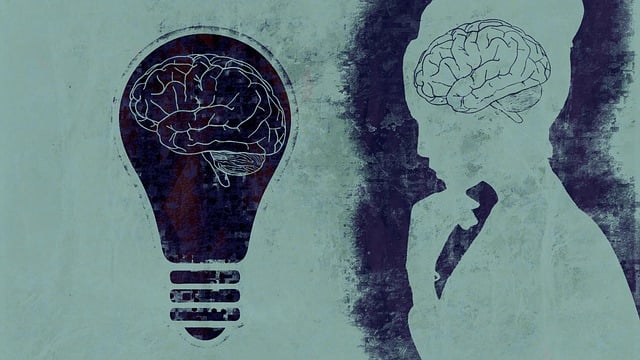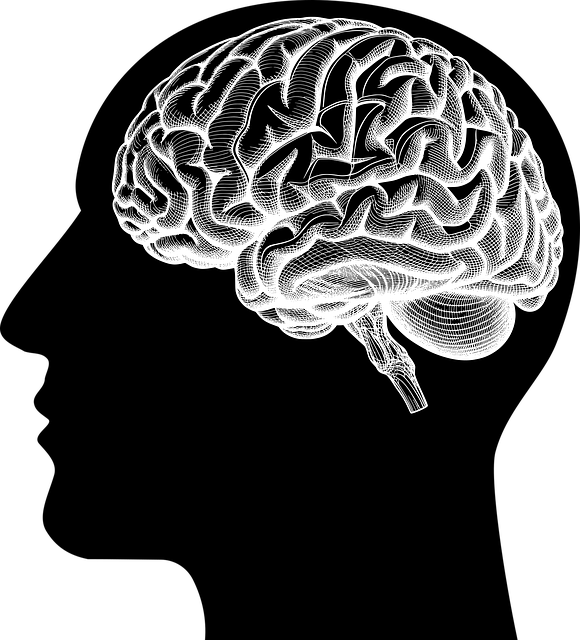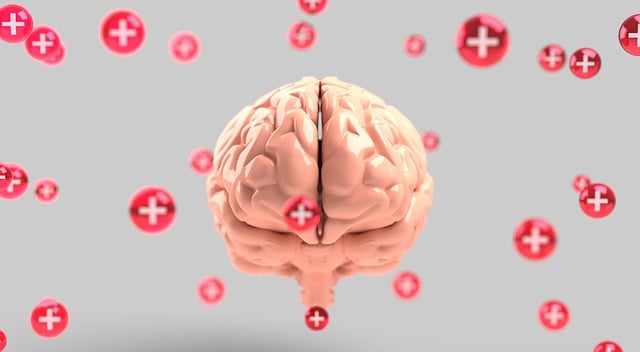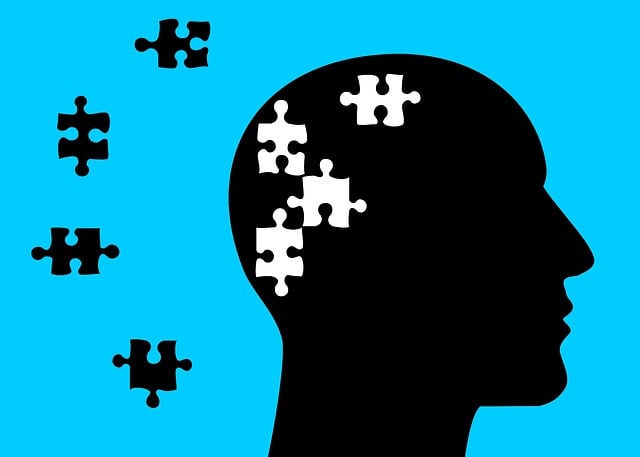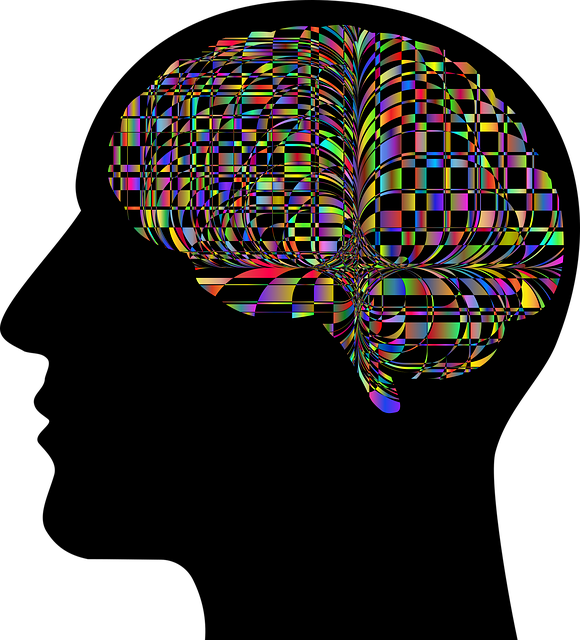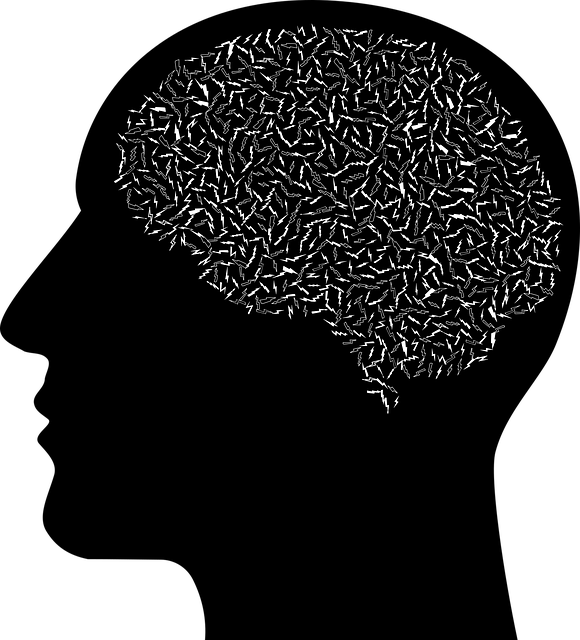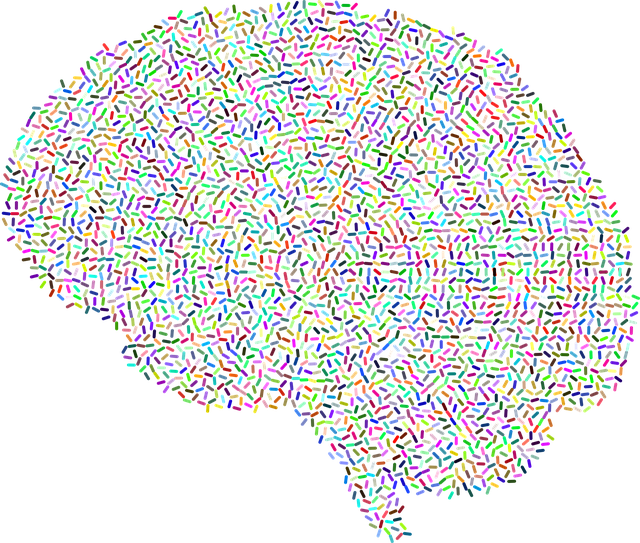Community outreach programs, like Aurora Cognitive Processing Therapy (ACPT), play a crucial role in strengthening community bonds and improving well-being by addressing mental health struggles and social marginalization. ACPT offers structured yet adaptable cognitive restructuring and empathy-focused techniques through interactive workshops and personalized interventions, fostering understanding, compassion, and connection within diverse communities. Implementing these programs effectively requires strategic planning, integrating evidence-based therapeutic methods, and leveraging engaging activities and resources to prevent burnout and promote long-term mental wellness. Measuring success involves assessing immediate and sustained improvements in mental health, social connectedness, and overall well-being, contributing to building stronger, more resilient communities.
Community outreach programs play a pivotal role in fostering social connection and enhancing mental well-being. This article delves into the transformative power of such initiatives, highlighting their significant impact on diverse communities. We explore innovative strategies, focusing on the integration of Aurora Cognitive Processing Therapy (ACPT) to optimize program effectiveness. By examining successful implementation, measurement of outcomes, and long-term benefits, this guide offers valuable insights for maximizing the reach and positive effects of community outreach efforts.
- Understanding Community Outreach Programs and Their Impact
- Integrating Aurora Cognitive Processing Therapy into Outreach Initiatives
- Strategies for Effective Program Implementation
- Measuring Success and Long-Term Benefits
Understanding Community Outreach Programs and Their Impact

Community outreach programs play a pivotal role in fostering connections and enhancing well-being within diverse communities. These initiatives aim to bridge gaps between service providers and individuals who may face barriers to accessing support, such as those with mental health challenges or social marginalization. Through interactive workshops, group discussions, and personalized interventions, outreach programs like Aurora Cognitive Processing Therapy offer a supportive environment for emotional healing processes. By integrating evidence-based techniques, such as conflict resolution strategies, these programs contribute to Mental Illness Stigma Reduction Efforts, promoting understanding and compassion within the community.
Integrating Aurora Cognitive Processing Therapy into Outreach Initiatives

Integrating Aurora Cognitive Processing Therapy (ACPT) into community outreach initiatives offers a unique and effective approach to enhancing emotional well-being. This therapeutic framework provides a structured yet adaptable method for addressing various mental health challenges, particularly in diverse community settings. By incorporating ACPT, outreach programs can offer more comprehensive support, focusing not just on immediate crisis intervention guidance but also on long-term emotional resilience building.
ACPT’s emphasis on cognitive restructuring and empathy-focused techniques makes it a powerful tool to foster meaningful connections within the community. Through group sessions or one-on-one interactions, participants learn to identify and challenge negative thought patterns, enhancing their coping mechanisms. Additionally, the therapy’s structured yet flexible nature allows for personalized strategies, ensuring that outreach initiatives cater to individual needs while promoting universal empathy-building strategies.
Strategies for Effective Program Implementation

Implementing community outreach programs requires a strategic approach to ensure their effectiveness and long-term success. One key strategy is to integrate evidence-based therapeutic methods, such as Aurora Cognitive Processing Therapy (ACPT), into the program curriculum. ACPT has been shown to enhance mental wellness and prevent burnout, making it an ideal tool for community initiatives focused on improving overall well-being. By incorporating therapeutic techniques into engaging activities, programs can foster a sense of connection and support within the community.
Additionally, leveraging resources like the Mental Wellness Podcast Series Production and Mental Wellness Journaling Exercise Guidance can enrich program content. These tools offer accessible platforms to share insights, stories, and practical tips on various aspects of mental health. Regularly incorporating such guidance into program activities encourages participants to engage in self-reflection, cultivate coping mechanisms, and maintain momentum in their wellness journeys.
Measuring Success and Long-Term Benefits

Measuring the success and long-term benefits of community outreach programs, such as Aurora Cognitive Processing Therapy (ACPT), is paramount to evaluating their impact. By employing a multifaceted approach, initiatives can assess not only immediate outcomes but also sustained improvements in participants’ lives. This includes tracking changes in mental health, social connectedness, and overall well-being through pre-post assessments and ongoing follow-ups.
Integrating compassion cultivation practices, communication strategies, and stress reduction methods into outreach programs allows for a holistic understanding of participant progress. For instance, ACEP’s focus on enhancing emotional regulation skills can lead to reduced stress levels and improved coping mechanisms over time. Such long-term benefits extend beyond individual growth, fostering stronger, more resilient communities where residents are better equipped to navigate challenges together.
Community outreach programs, enriched with strategies like Aurora Cognitive Processing Therapy, can significantly improve community well-being. By integrating this therapy into initiatives, we can foster effective program implementation and measure success through long-term benefits. This holistic approach ensures that the impact of outreach extends far beyond immediate interactions, creating lasting positive changes within communities.

